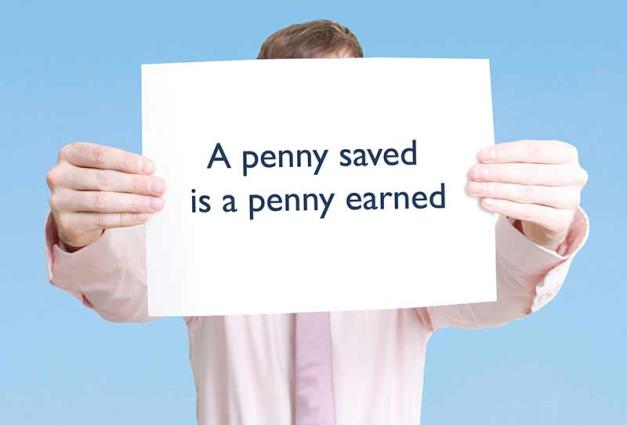Here you are at the racetrack, excited to find out if you placed the right bet. The gates open, the horses start their charges, and after a few hundred meters, your horse, ‘Falcon,’ has settled into second place. Not bad, but your bet is on the win. Falcon remains in second place for almost the whole race. But when the horses hit the home stretch, Falcon takes the lead and wins. You’re excited. Yet, it was a close call, and you’re not sure if you’ll bet on Falcon again.
Rewind.
You’re at the same racetrack, excited to find out if you placed the right bet. The gates open, the horses take off, and now, after a few hundred meters, you see that Falcon, your horse, is in first place! Falcon carries the lead all the way to the finish line, even though a challenger almost catches him at the wire. You’re excited, what a dominating horse! You are certain to bet on Falcon again.
Suppose that in the two scenarios above, Falcon won by exactly the same margin. The only difference is that in the first case he took a late lead, whereas in the second case he took an early lead. We suspect that you’d find Falcon more impressive when he took an early lead—as did participants in our studies. And like the participants in our studies, you might believe that it is wholly appropriate to be impressed by a horse who dominated a race. Yet, as plausible as your intuition may seem, it is flawed. Here’s why:
Success in a competition is defined by the end result and nothing else. The winner of a 100 meter sprint race is the runner who is ahead of everybody else after 100 meters, not the runner who is ahead after 20, 50 or even 99 meters. The winner of a sports season is the team that is ahead of everybody else at the end of the season, not midway through the season. Once we know the end result, previous standings don’t matter anymore—or to be more precise—they shouldn’t matter anymore. When we judge the qualities of competitors after the competition and when we try to predict their future performances, we should rely only on the final outcome of the competition we just observed and disregard how it unfolded.
As easy as this sounds, it might be quite difficult for people (including ourselves) to do. This is because people have a surprisingly hard time ignoring information once they have processed it, even when they know that the information is not useful anymore. Therefore, people’s impressions of competitors may be systematically influenced by how the competition unfolds.
To test this idea, we conducted eight experiments in which research participants observed different kinds of competitions, including races, stock performances, and entire sports seasons. When the winner of the competition took an early lead, participants judged the winner as stronger, and they expected the winners who were early leaders to perform better in the future compared to winners who took the lead late in the competition. Participants judged early leaders more favorably than late leaders even though the winners always won by exactly the same margin. In addition, when a competition ended in a draw, participants favored the competitor who led during more of the duration of the competition.
So what can we learn from this? Your judgments of all kinds of competitors—including racers, sports teams, stocks, and political candidates—are probably biased by how the competition unfolds. To avoid potentially negative consequences, such as betting on the wrong horse in the future, remember that you should base your judgments of competitors only on end results, regardless of how those results came about. If, on the other hand, you yourself are a competitor, remember that it will pay off to be ahead early on because other people will judge your performance not only based on the end result of the competition but also based on the way in which it unfolded.
For Further Reading
Alves, H., & Mata, A. (2019). The redundancy in cumulative information and how it biases impressions. Journal of Personality and Social Psychology, 117, 1035-1060.
Gilbert, D. T. (1991). How mental systems believe. American Psychologist, 46, 107.
Ross, L., Lepper, M. R., & Hubbard, M. (1975). Perseverance in self-perception and social perception: biased attributional processes in the debriefing paradigm. Journal of Personality and Social Psychology, 32, 880.
Hans Alves is a postdoctoral scholar in the Department of Psychology at the University of Cologne. His research addresses attitude formation, social cognition, and judgment and decision making.
André Mata is an Assistant Professor in the Department of Psychology at the University of Lisbon. He does research on judgment and decision making, social cognition, metacognition, and motivated reasoning.




